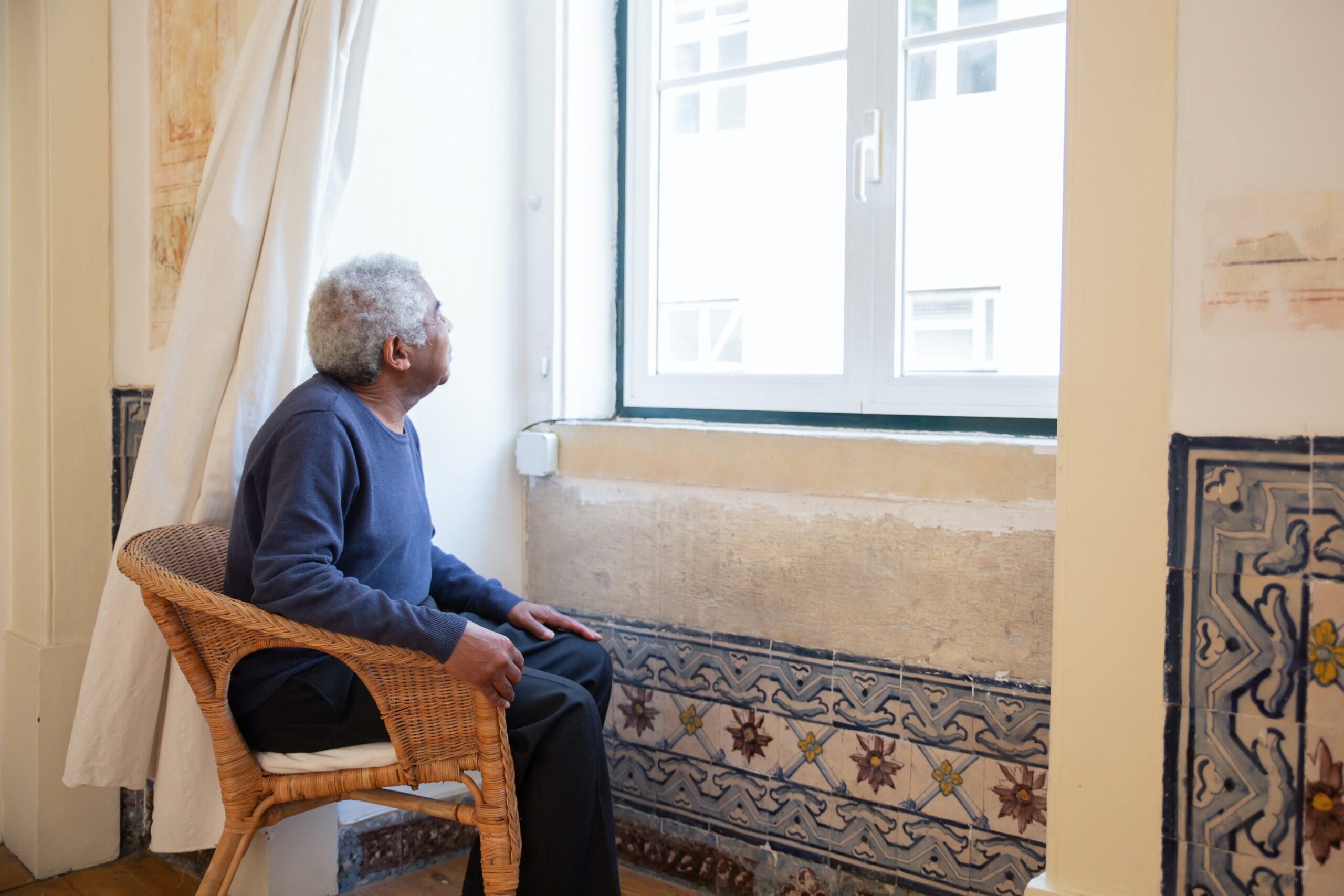
By
Working for a lifetime is rarely any person’s dream. As people get closer to their 65th birthday, they start putting together their plans for living out the rest of their lives in a well-deserved retirement.
However, too many Americans lack the “longevity literacy” to prepare for retirement properly.
In a study of the TIAA-Global Financial Literacy Excellence Center’s Personal Finance Index (P-Fin Index), only 12% of adults had “strong longevity literacy.” These adults understood how long 65-year-olds live and the likelihood of living well past that age.
An estimate for 2021 from health policy research organization KFF showed the average life expectancy for Americans has declined since 2019 from 78.8 years to 76.1. Black people are down to 70.8 years from 74.8.
Still, people live longer than they ever have, often unexpectedly. And their retirement savings and preparedness must match that, if not surpass it.
The National Council on Aging found that 20% of older households have no assets to pull from as they age, and 80% do not have the financial resources to cover long-term care or financial strain.
“If they underestimate the life expectancy and end up living longer, and did not plan for income, they are short on funds,” Surya P. Kolluri, head of the TIAA Institute, says. “So, correcting the notion of how long people live will help them plan better.”
Longevity literacy is part of the foundation of retirement readiness.
“Longevity literacy should lead to longevity fitness,” he says. “Ask yourself: ‘What are the components that make me feel fit in my longer years?’”
The factors Kolluri refers to are questions to ask as you age. These questions should help evaluate your longevity fitness level and clarify the next steps.
- Do you have enough income to last so you won’t outlive it?
- Have you taken care of your mental and physical health?
- How are your social connections with family, friends, and the greater community?
Black folks are at high risk of economic insecurity without understanding what it takes to retire and maintain comfort over several years. They could have to re-enter the workforce or live in poverty.
But, improving financial literacy is only one piece of this puzzle.
How to Save for Retirement
While social security is one way to keep an income in retirement, it doesn’t cover nearly enough. In fact, the administration found that benefits represent about 30% of the income for older adults.
To keep an income after leaving the workforce, retirees must turn to other assets and savings, Kolluri says.
There are several tools for saving for retirement, like general high-yield savings accounts, pensions, or other investment vehicles. People often start with an employee-sponsored 401(k), 401(a), 403(b), 457 plans, and IRAs to begin saving.
If an adequate amount of money has not been saved or invested — a common issue — it’s not enough to be ready for retirement. Studies from Northwestern Mutual and Charles Schwab found that Americans feel they will need at least $1.27 million to $1.9 million to retire.
People need to earn decent money to contribute to their retirement accounts, but before that, they need to be able to cover their monthly expenses, invest, and save. Occupational segregation is a unique barrier to wealth-building and retirement preparedness for Black women.
“The caregiving industry, for example, which may not have specific retirement plans available, that’s [a job] where Black women have been historically very active in the labor force,” says Angelino Viceisza, professor of economics at Spelman College and president of the National Economic Association.
In his research with the Urban Institute, Viceisza found that Black people had the “second-lowest retirement wealth” at $11,157 for women and $19,382 for men.
This institutional racism has serious multigenerational consequences. Retirees may rely on younger family members to help cover costs. As a result, younger generations have reduced ability to create generational wealth.
Access to better jobs with higher pay and better benefits could make a significant difference.
“If people are only boxed into certain jobs, and therefore have an income max they can reach, or if they’re in good-paying jobs, but there’s this glass ceiling that keeps them from achieving a higher level of income, this exacerbates the pre-existing wealth disparity.”
ANGELINO VICEISZA
Finding More Ways to Prepare
As people age, they should reassess their retirement savings and other investments to ensure they’re on the right track to have what they expect to need. There are also “catch-up contributions,” allowing those over age 50 to make additions yearly.
Not everyone will have access to employer-sponsored retirement accounts. Fortunately, alternatives are out there. Some states offer automated savings programs to increase access to retirement preparedness, including California, Maryland, New York, New Jersey, and Virginia.
While these alternatives can help, Viceisza says, reparations would have the most considerable impact in getting Black people the wealth and preparedness they need for retirement. The next best way, in his opinion, would be eliminating occupational segregation and glass ceilings.
“There is, in my mind, no other way to really inject enough wealth back [into the Black community],” he says. Without it, Black folks will continue to be generations behind, with an increasingly entrenched racial wealth gap.


